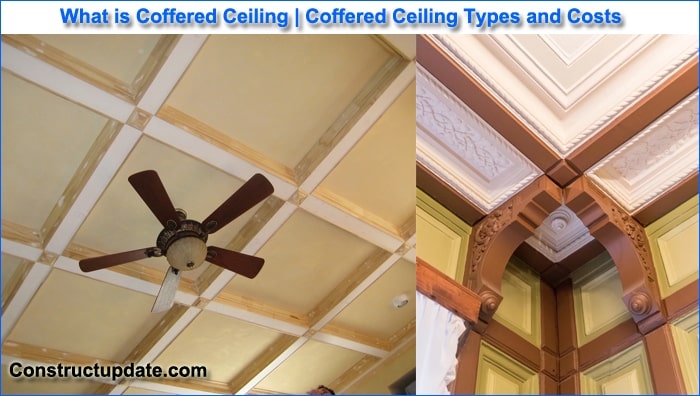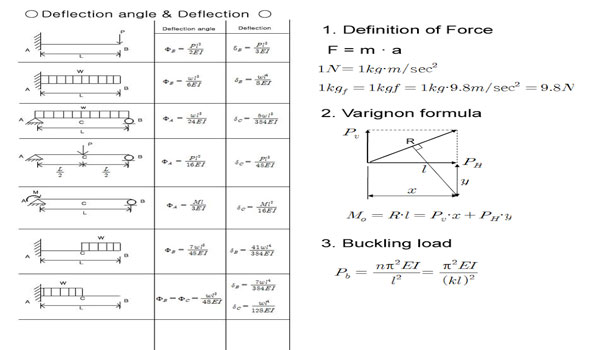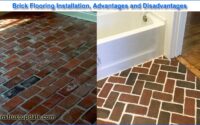What is Coffered Ceiling | Coffered Ceiling Types and Cost
What Is Ceiling?
Coffers were first employed in ancient Rome as a creative solution to reduce the weight and volume of stone ceilings. A coffered ceiling is created with coffered panels. Coffers are distinctive ceiling with depth and architectural appeal created by sunken panels connected to a hanging grid.
Each lighter-weight rigid PVC coffered panel is available in shallow or deep styles and is available in white or black. Deep coffers give the house visual weight, whereas small coffers make it feel lighter.
What Is Coffered Ceiling?
Coffered ceilings are similar to baroque ceilings, which were constructed in the early Renaissance period when all other ceilings were built of stones. Coffered ceilings were associated with the nobility at the time since they were a particularly expensive style of ceiling.
Coffered ceilings come in a variety of forms and designs, including hexagonal, polygonal, octagonal, square grid, and more. This style of ceiling is used to compensate for drooping and to improve durability and flexibility.

Types of Coffered Ceiling
Wood Coffered Ceiling
If you choose a traditional or transitional style, coffered ceilings made of natural wood or faux wood beams can provide beauty as well as a variety of dimensions to the room.
When it comes to coffered ceilings, softwood is an excellent choice because it is both easy to work with and paintable. With a clean finishing, you may easily display the fractures and graining of your wood texture.
Working with wood that has a lot of texture as well as dark tones is another option to consider when designing your coffer ceiling. The grid-like timberwork looks well with basic square or rectangular panels that don’t have crown mouldings.
If your ceiling already contains crossbeams, you can either emphasise them or use the coffered design. Consider the structural stability of your ceiling joists while building your wood coffer ceilings, as there will be more weight.
Faux Coffered Ceiling
A lighter alternative to timber materials is the faux coffer ceiling. If you utilise drywall instead of wooden components, you can have any depth and size of non-load bearing beams combined with the ceiling.
If your ceiling already has load-bearing beams, you can work around them or disguise them to make the coffer ceilings look uniform. The intricate crisscrossed beams must be made by a competent carpenter, which is the biggest disadvantage of installing faux coffered ceilings.
Rustic Coffered Ceiling
This style employs a rectangle or square grid of rough sawn or damaged wood beams. Furthermore, no additional mouldings have been applied. This pattern is perfect for hiding old popcorn ceilings. This will give a room the appearance of country life.
Geometric Coffered Ceiling
This coffered ceiling design incorporates geometric shapes in various forms, such as hexagons, octagons, and triangles. Each coffer has a beautiful crown moulding on the inside and is supported by box beams. There aren’t many forms or designs that don’t work with coffer ceilings.
Coffered Ceiling Cost
Coffered ceilings are considerably more expensive than other ceiling types, with an average installation cost of $3500 to $7500. The 12′ x 12′ coffered ceiling is a popular choice for residential use, and it costs almost $5000.
Traditional coffered ceilings cost $2500, but if you want a deluxe coffered ceiling, you’ll have to pay about $14,000.
Coffered ceiling installation costs $17 to $60 per square foot, and a 12′ x 12′ room costs $2500 to $8500 per room.




